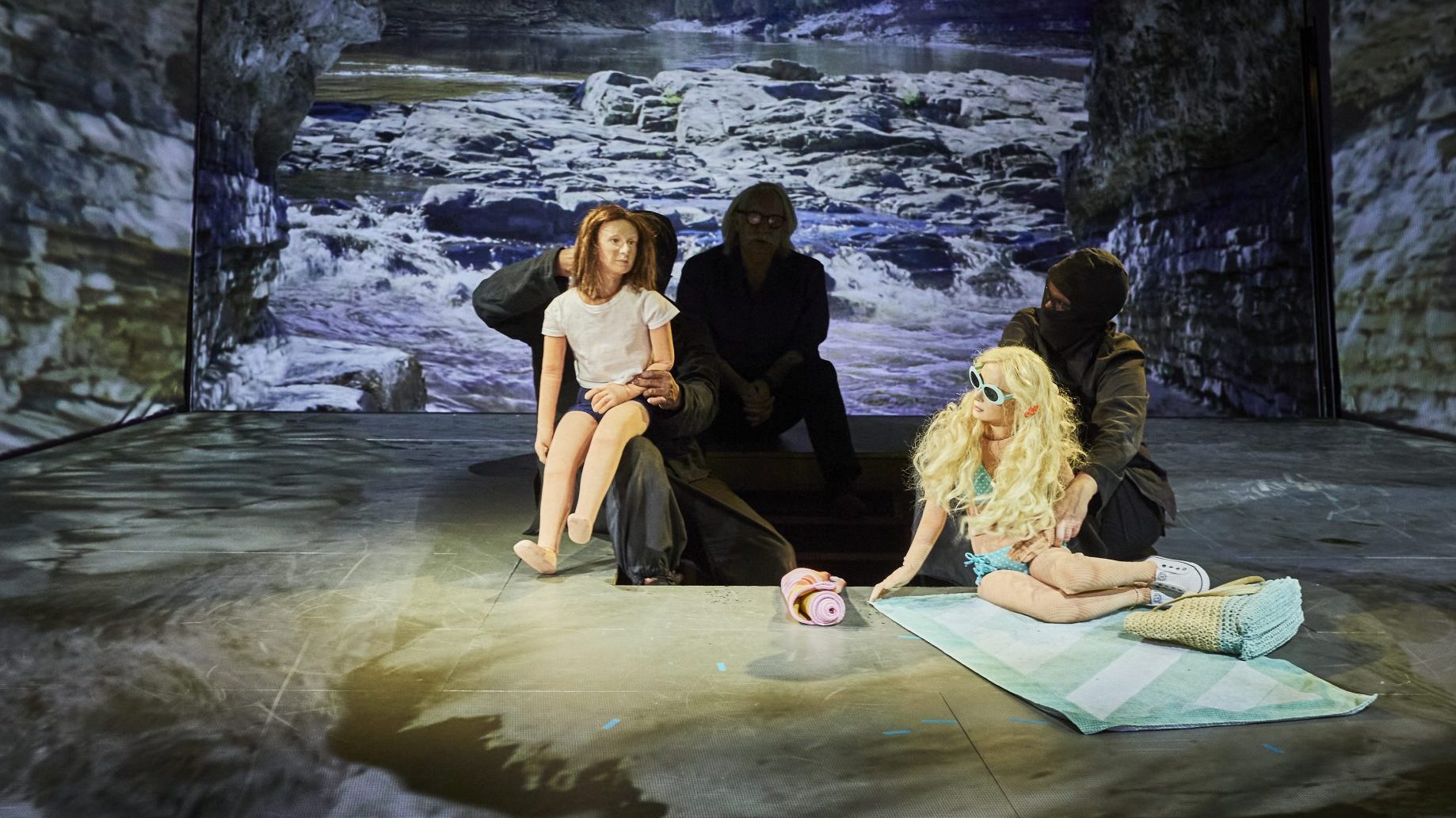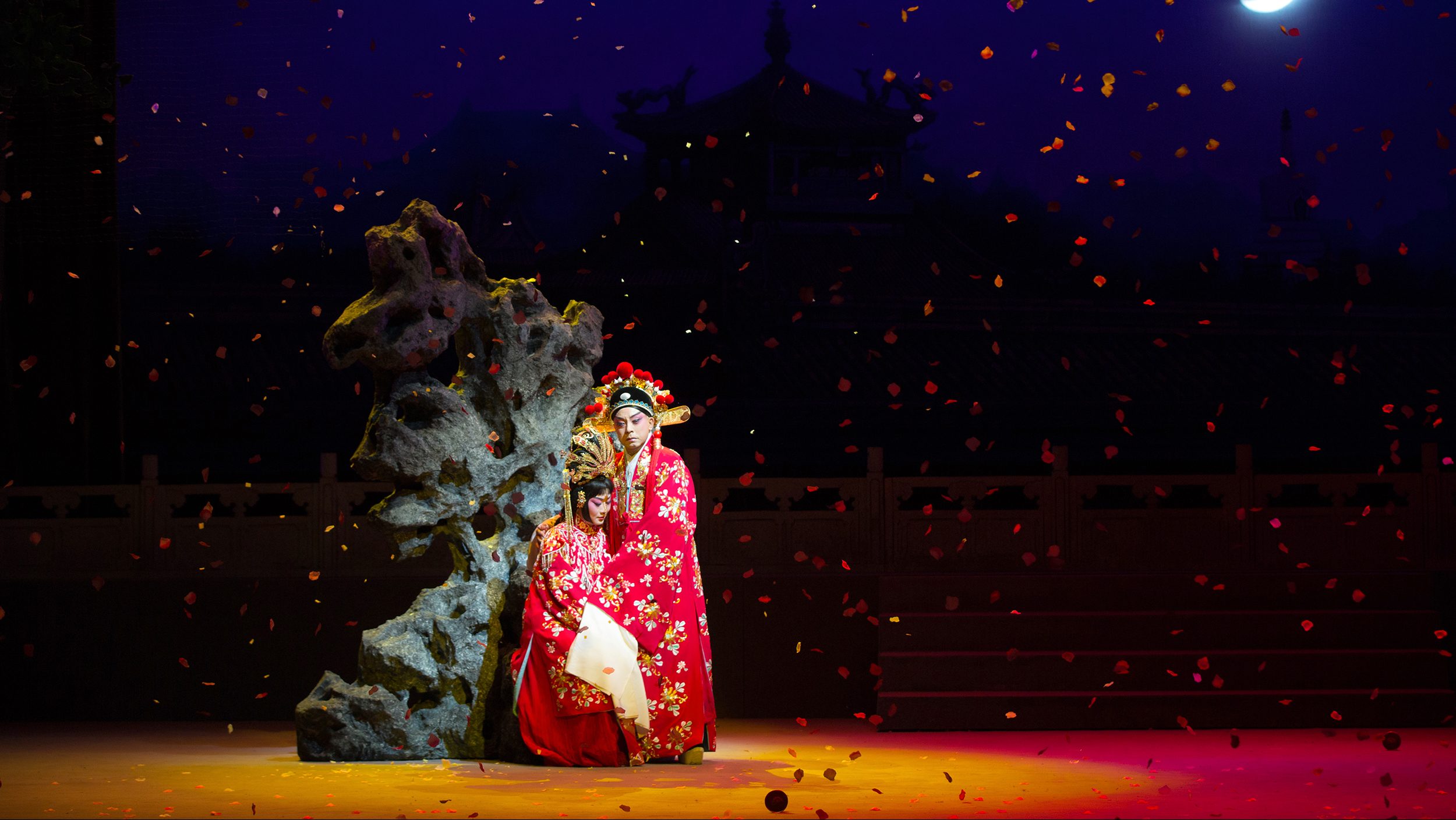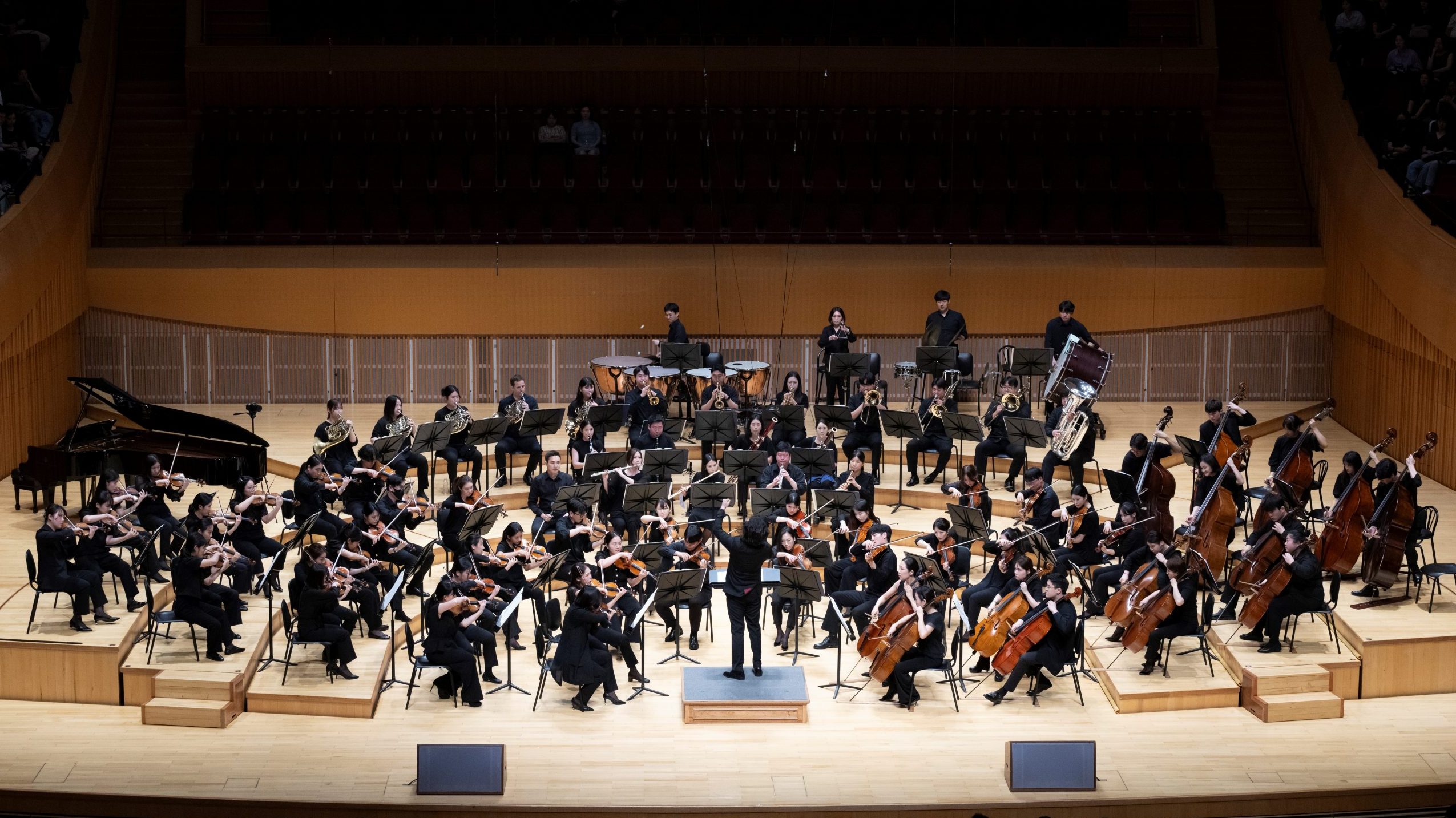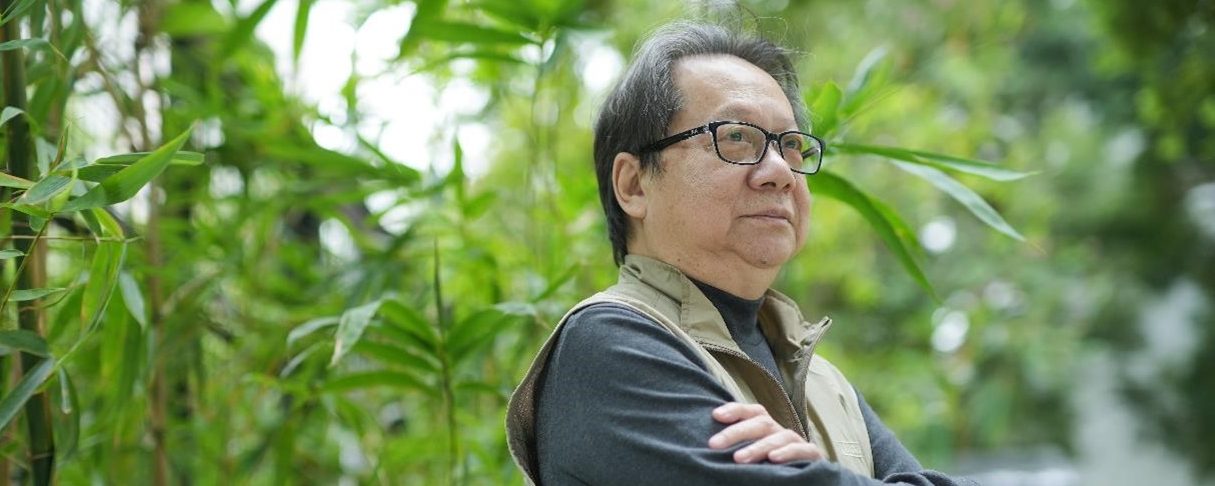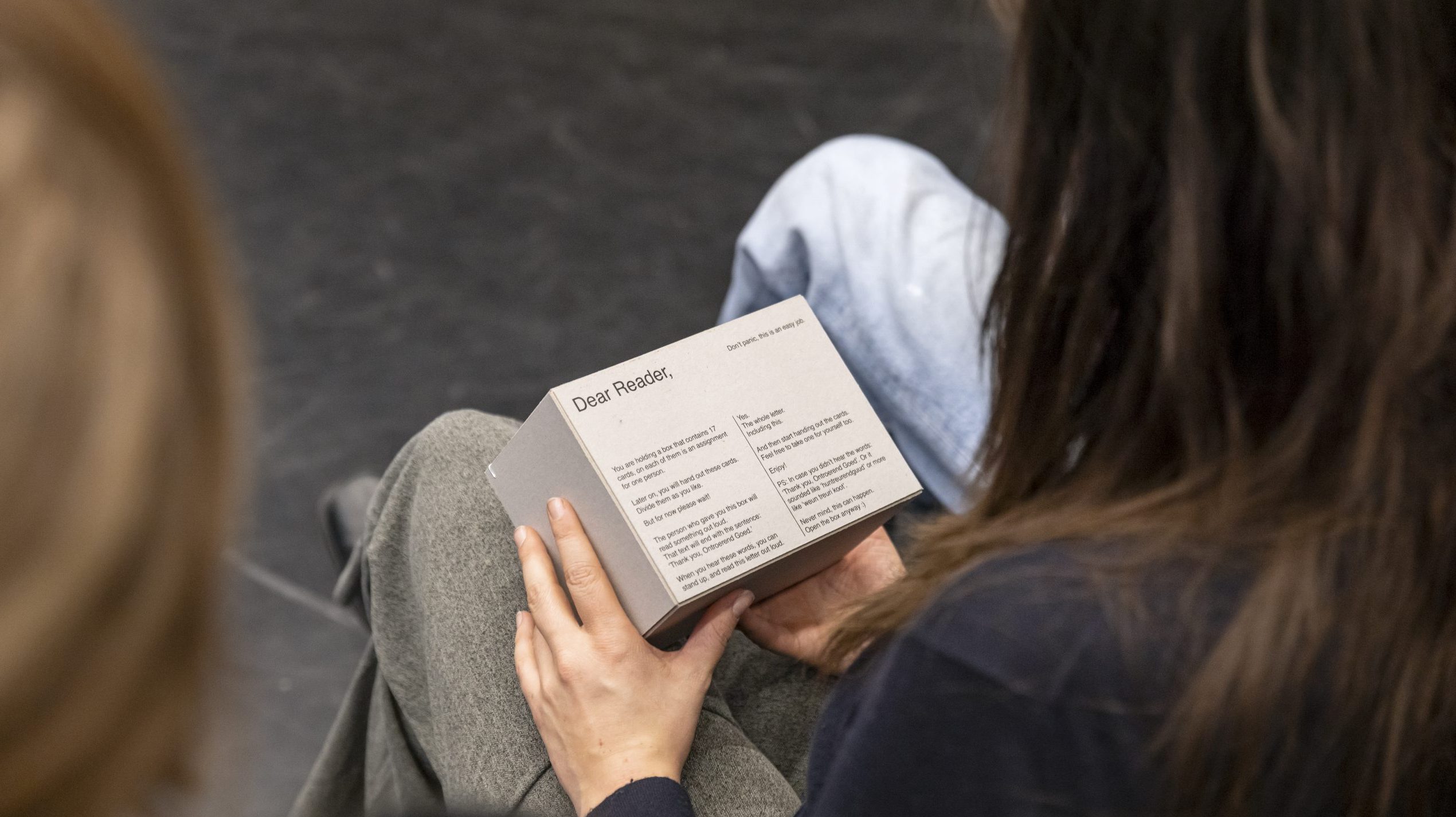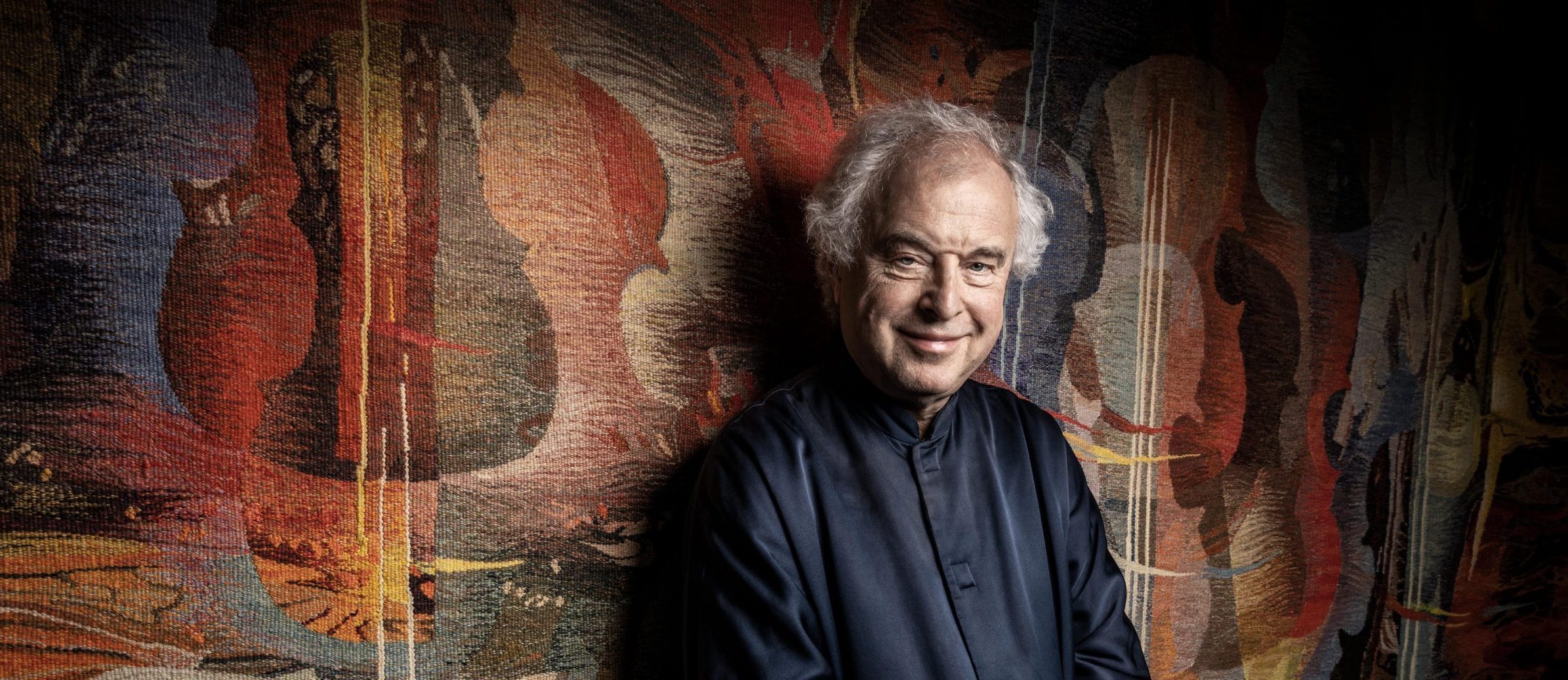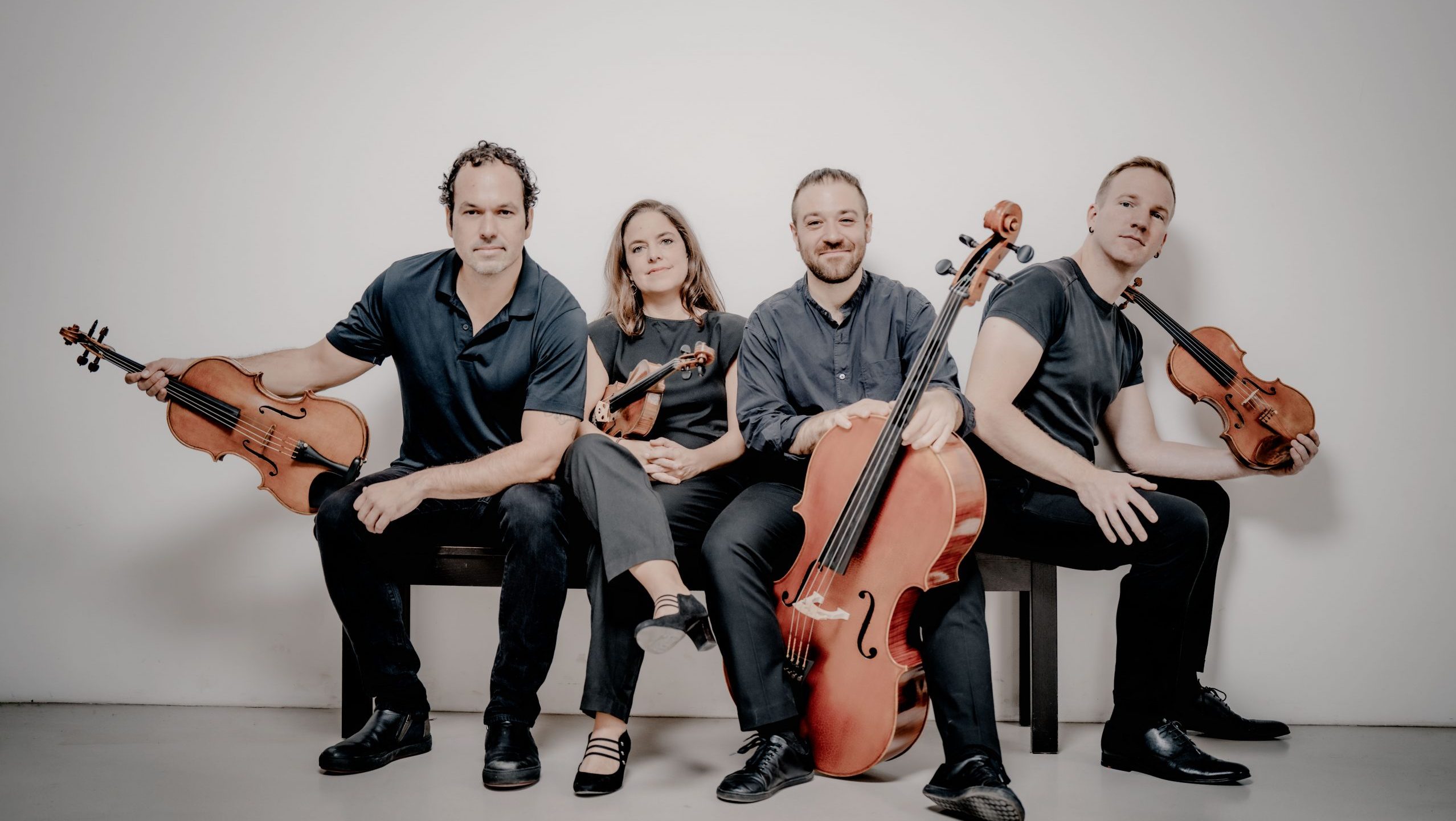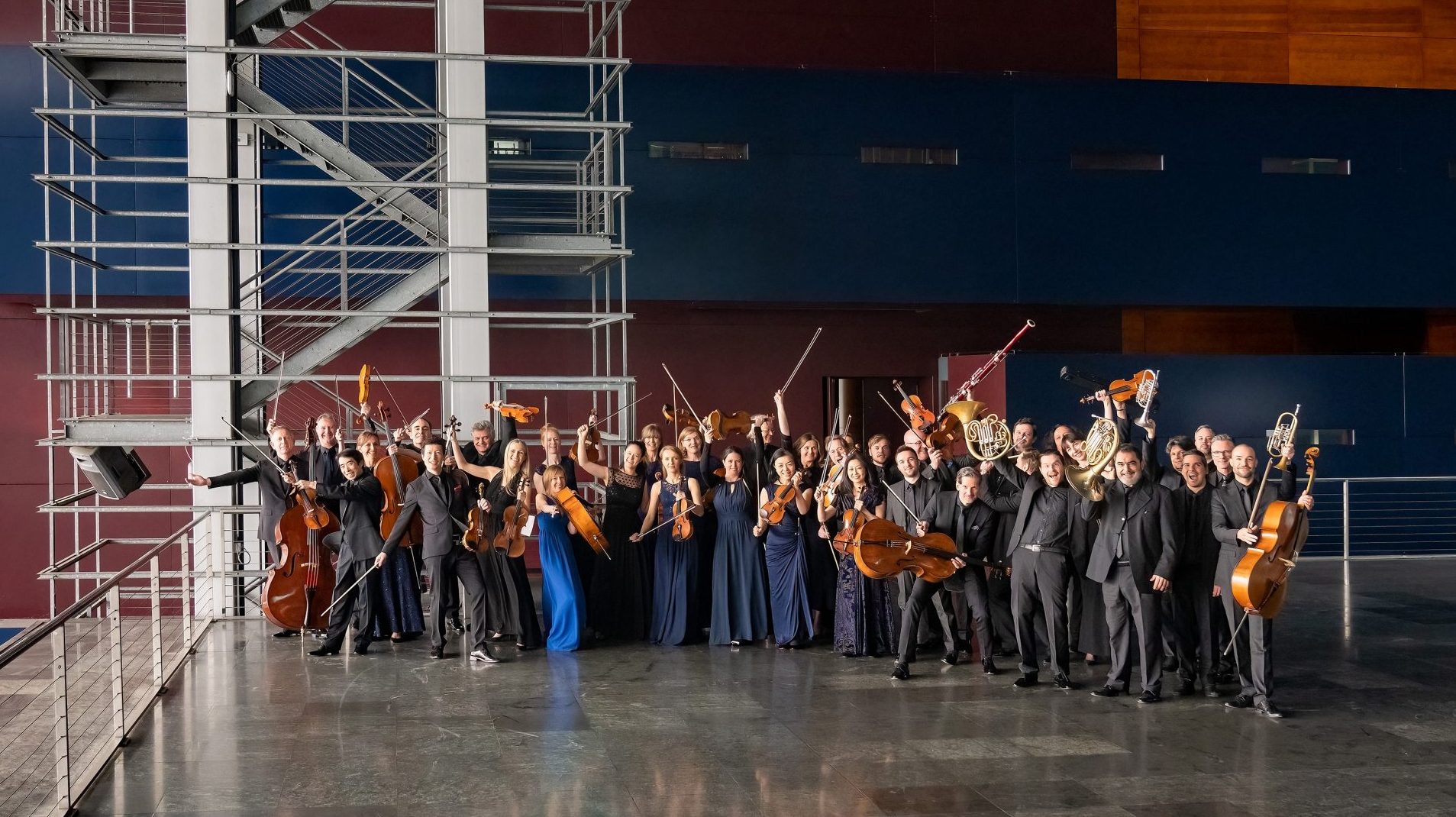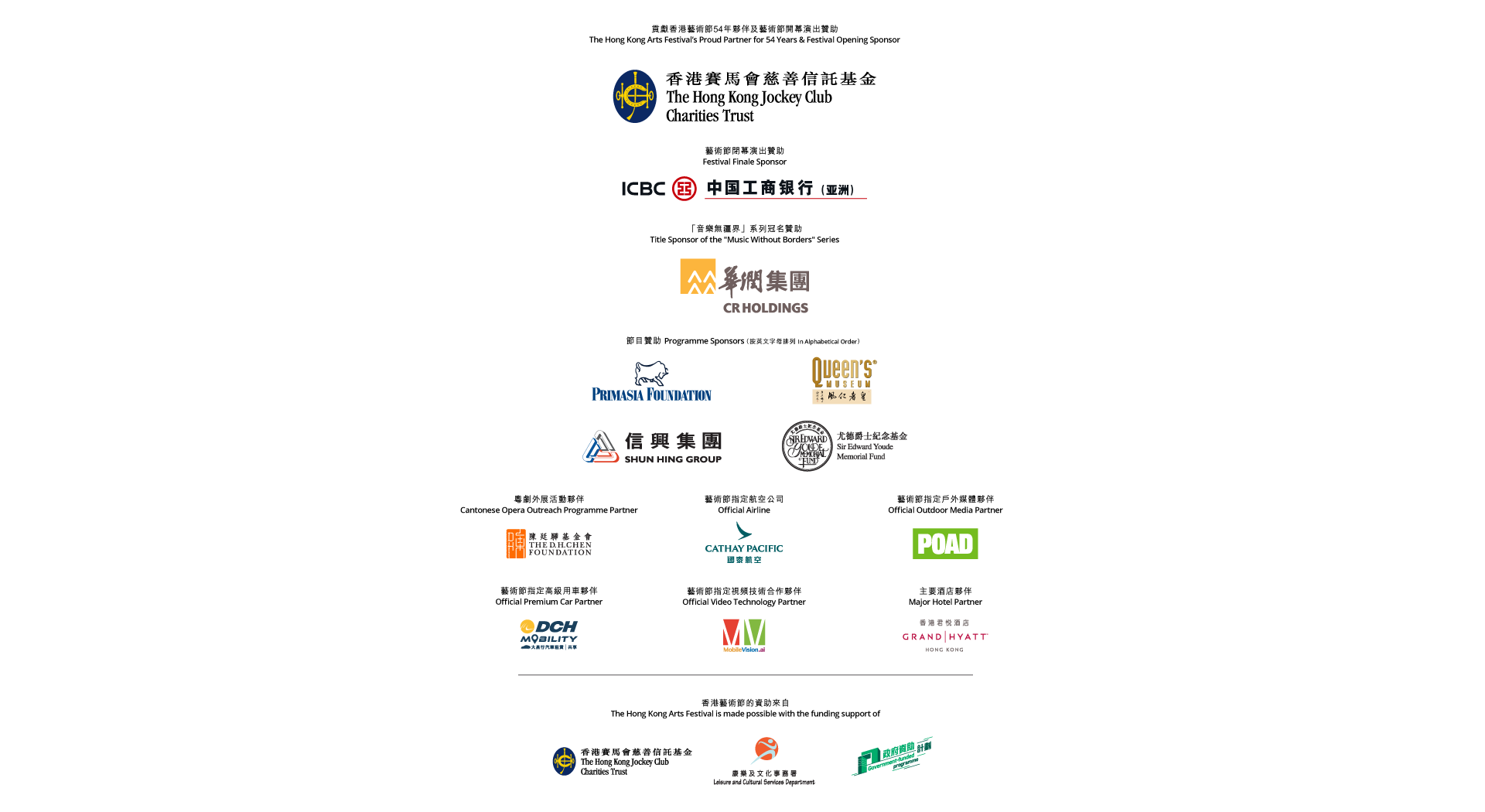Editor's note:
Acclaimed as a "master of the stage", director Robert Lepage first came to the Hong Kong Arts Festival in 2019 with his solo show 887, in which he pointed out: "Theatre is probably the form of expression that best embodies collective memory." Ahead of his return to the HKAF in 2024 with his intimate work Courville, which features Japanese bunrakupuppetry performed on a one-of-a-kind stage, he tells Keng Yi-wei, theatre scholar from Taiwan, how his teenage doldrums left an indelible mark that has resonated throughout his entire life.

Q: Your solo show The Far Side of the Moon was related to your elder brother, and 887 to your father. Is Courville yet another solo show about some aspects of you and your family?
A: Not necessarily. It's more distant from my family. This piece is more about love and trust among the characters, as well as our memories of the past. It's not only about our parentage or family upbringing, but the more underlying and extrinsic realms of teenage growth, like the complexities of our first love, unrequited love and gender identity. Our teenage years are more or less gloomy compared to our childhoods, and that's why I'd rather say that the piece is about family love and trust.
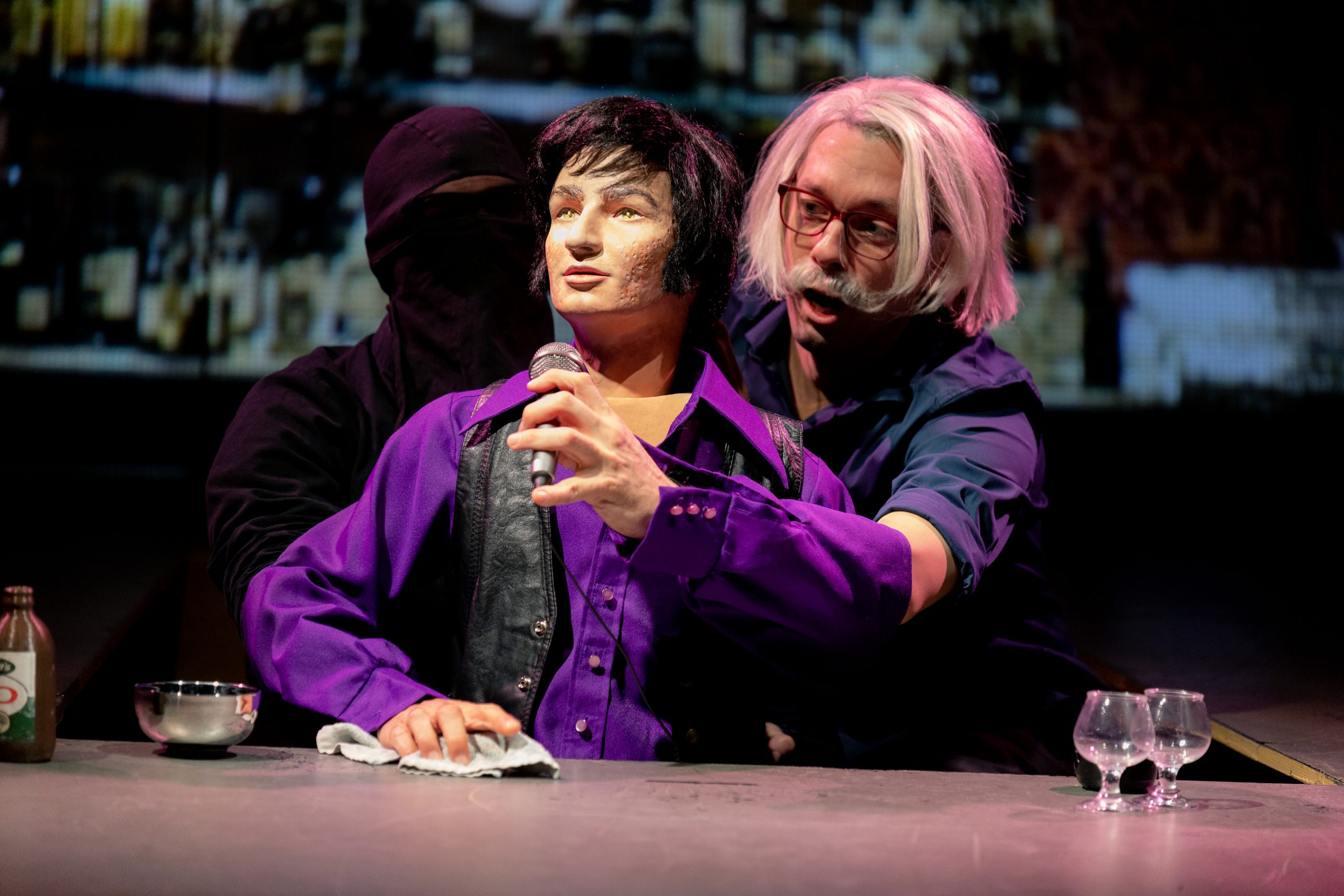
Q: This work seems to feature a very sophisticated stage design. How was it created?
A: That's true. It's really sophisticated. We made a prototype with some basic materials at the very beginning, and then explored various possibilities and perspectives of presentation. But while the theatre space in Courville visually mimics a puppet theatre, it also depicts a typical suburban apartment from 1970s Quebec. It's a complicated idea, but everything started with just paper cartons. And it was the hard work by our team that eventually transformed these paper cartons into a huge wooden set. Stage design always plays a key role in my theatre productions.
Q: You also employed elements of puppet theatre in other works such as The Far Side of the Moon and The Seven Streams of River Ota. But this time, Courville centres on the craft that took inspiration from Japanese bunraku. What interests you about puppet theatre?
A: Courville not only features bunraku, but also appropriates the form of expression in which the puppeteers wear black. Critical in this work, the ethos of puppet theatre corresponds with the intimacy of a solo show, while I prefer a work to be supported by some other characters. Besides, it would be quite difficult to stage the show live if I was acting as a teenager with flowering desires. It would be difficult for teenage actors to act out physical contact or masturbation onstage. In contrast, puppet theatre contains a wide range of possibilities for expression. For example, we can be at ease when presenting a scene involving several youths exploring their bodies using puppets, and this is a more appropriate device in a piece about adolescence.
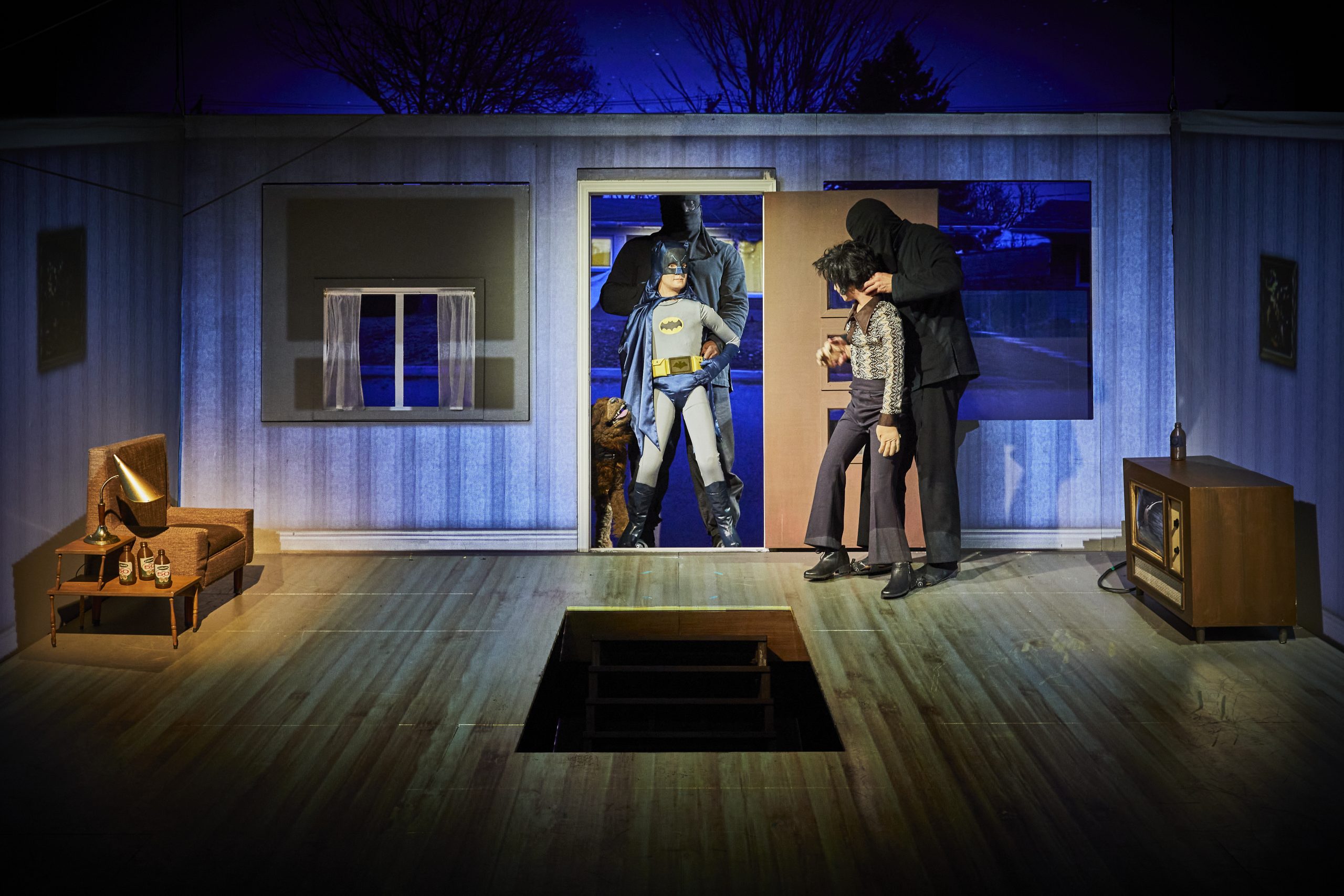
Q: Your oeuvre of solo shows is anchored on the theme of "memory"' Why is memory so important to contemporary society?
A: The memory is very dear to me. At home and abroad, the most aching issue today is a lack of memory. Today's world is full of war and poverty, a reflection of our near past. But many grave consequences have somehow been forgotten after three or four decades, or a generation, have passed. History may not teach us any lessons, but the memory rings a bell about what happened, how the past looked, and draws a conclusion on whether the ending was good or bad. The younger generation seems to be indifferent about history and has no connection with memory. Hence, I think artists should remind people about history.
Q: Compared to films and publications, what advantages does the theatre have in dealing with issues about memory?
A: While various media are good at communication, the theatre is an arena of communion where we come across many people. A film does not deviate according to the size of its audience, and the audience is not able to impact what is being shown on the screen. In contrast, a theatre audience can affect what's happening on stage and every performance is unique, based upon who you are at that moment, and where you are in both a temporal and spatial sense. When I stand onstage, I am not the same person I was two or three years ago when I started to create the piece, and the spectators are likewise different. In the theatre, that story is being told here and now, at this special moment. Communication in the theatre is a world away from other forms of storytelling, and it is a kind of communion.
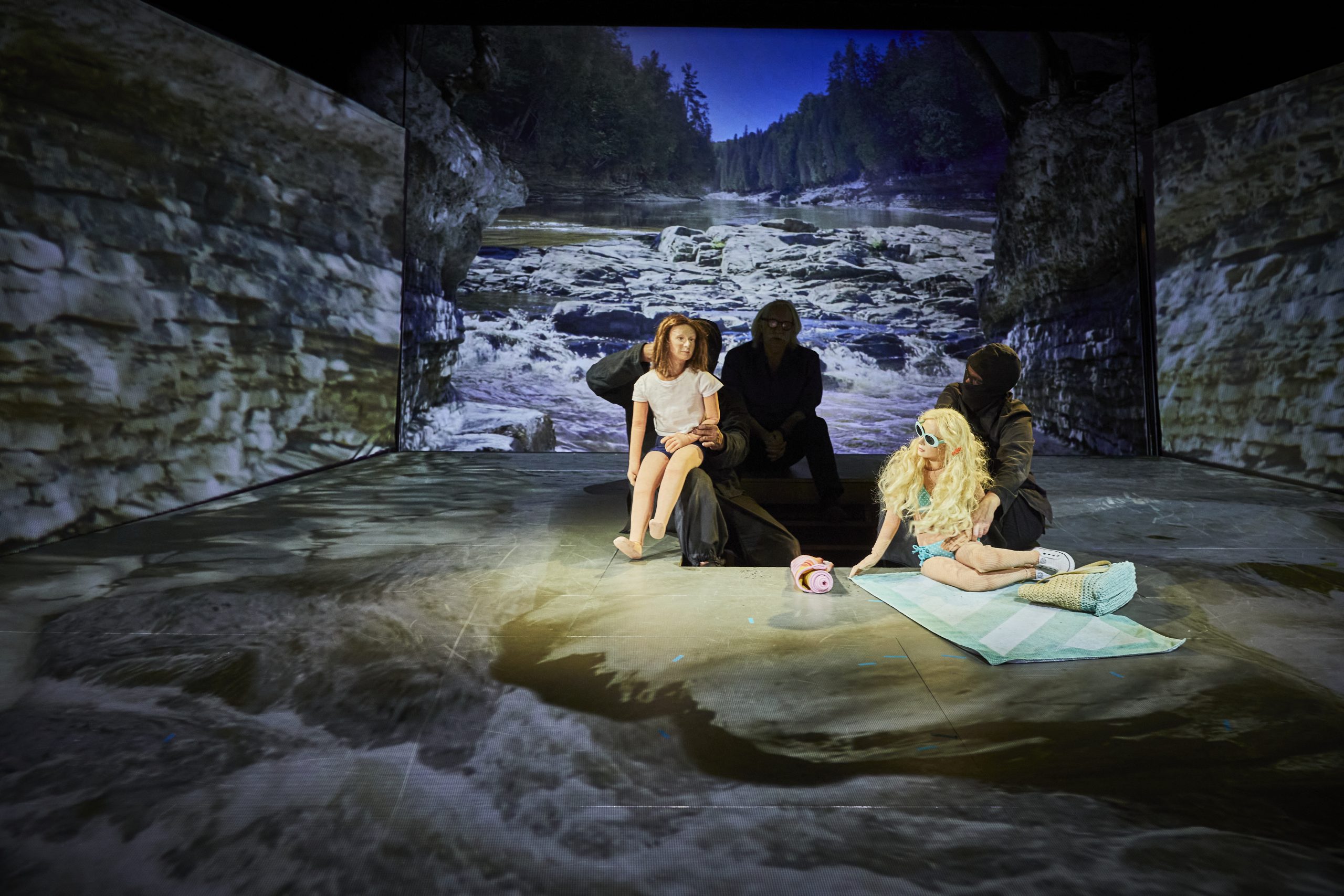
Q: There are other puppeteers onstage in Courville. Can this still be defined as a solo show or are you redefining the meaning of the term?
A: It can still be regarded as a solo show despite the other puppeteers and puppets onstage. "Solo" refers to solitude, the lingering state of mind in this work. Regardless of whether there are other puppeteers or technicians nearby, the actor is still solitary. This piece provokes a strong sense of personal uniqueness and a consciousness about this. To me, this squarely aligns with the virtues of a solo show.
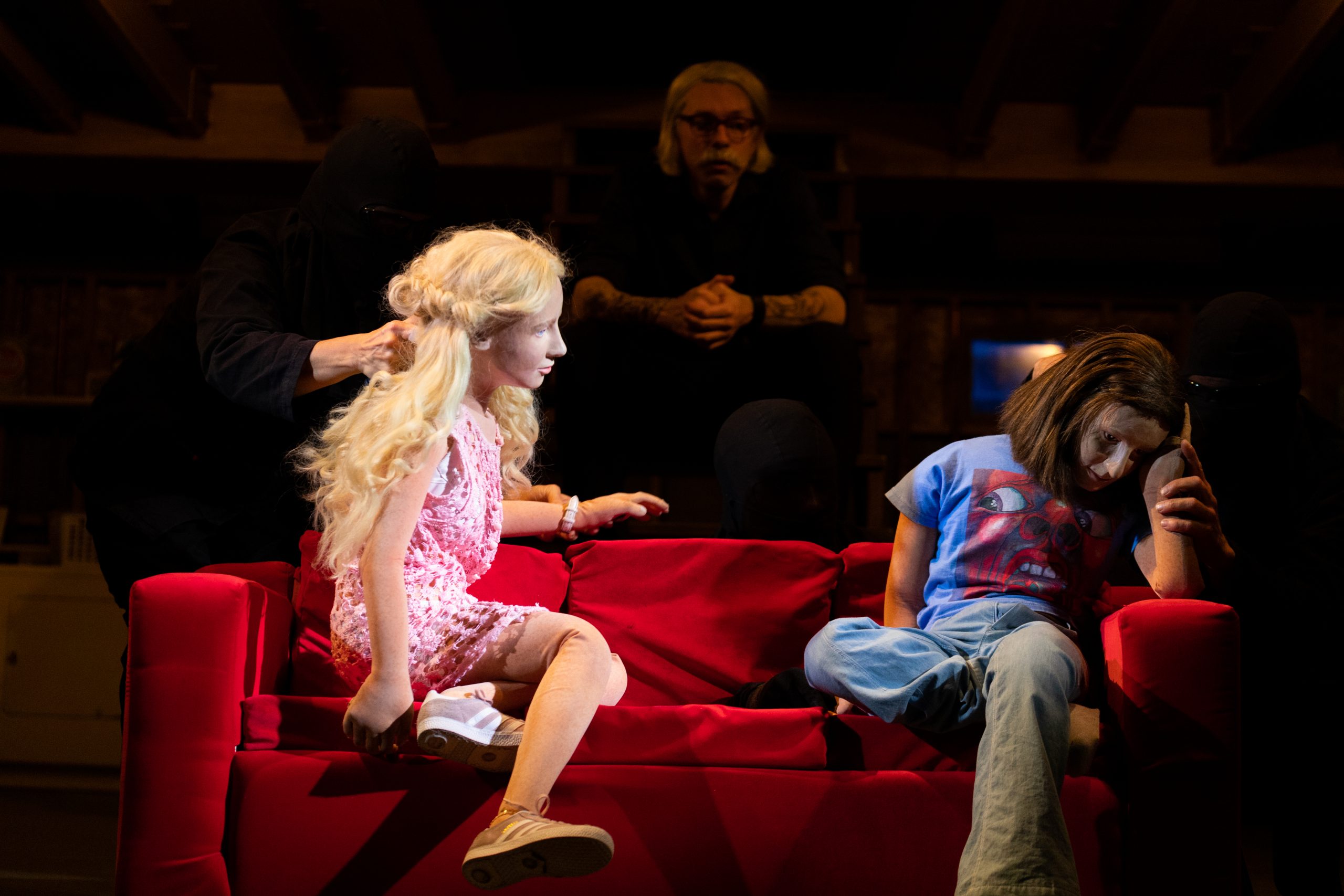
Robert Lepage x Ex Machina—Courville
Date: 14-16 Mar 2024
Venue: Lyric Theatre, HKAPA
Details:https://www.hk.artsfestival.org/en/programme/Robert_Lepage_Ex_Machina?


